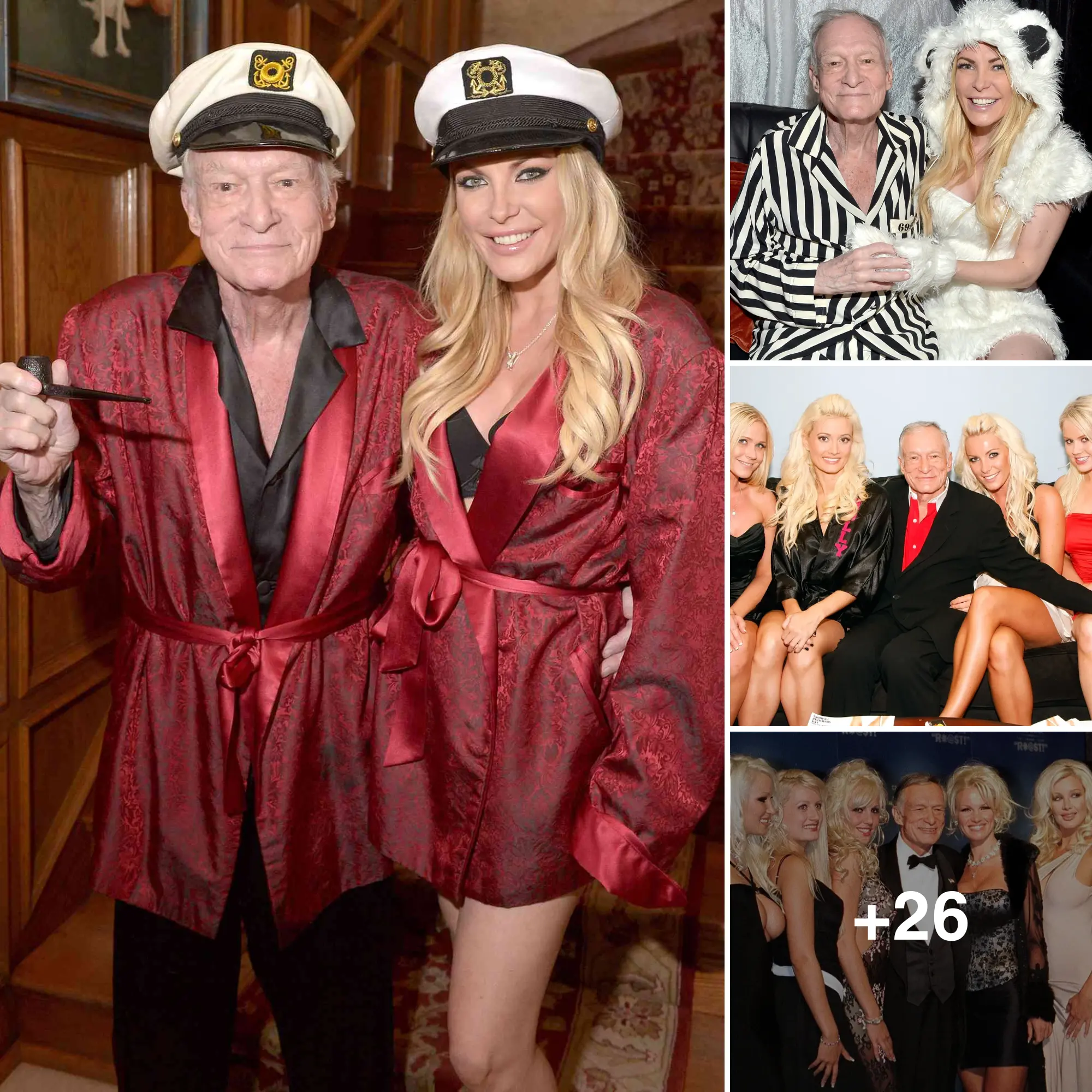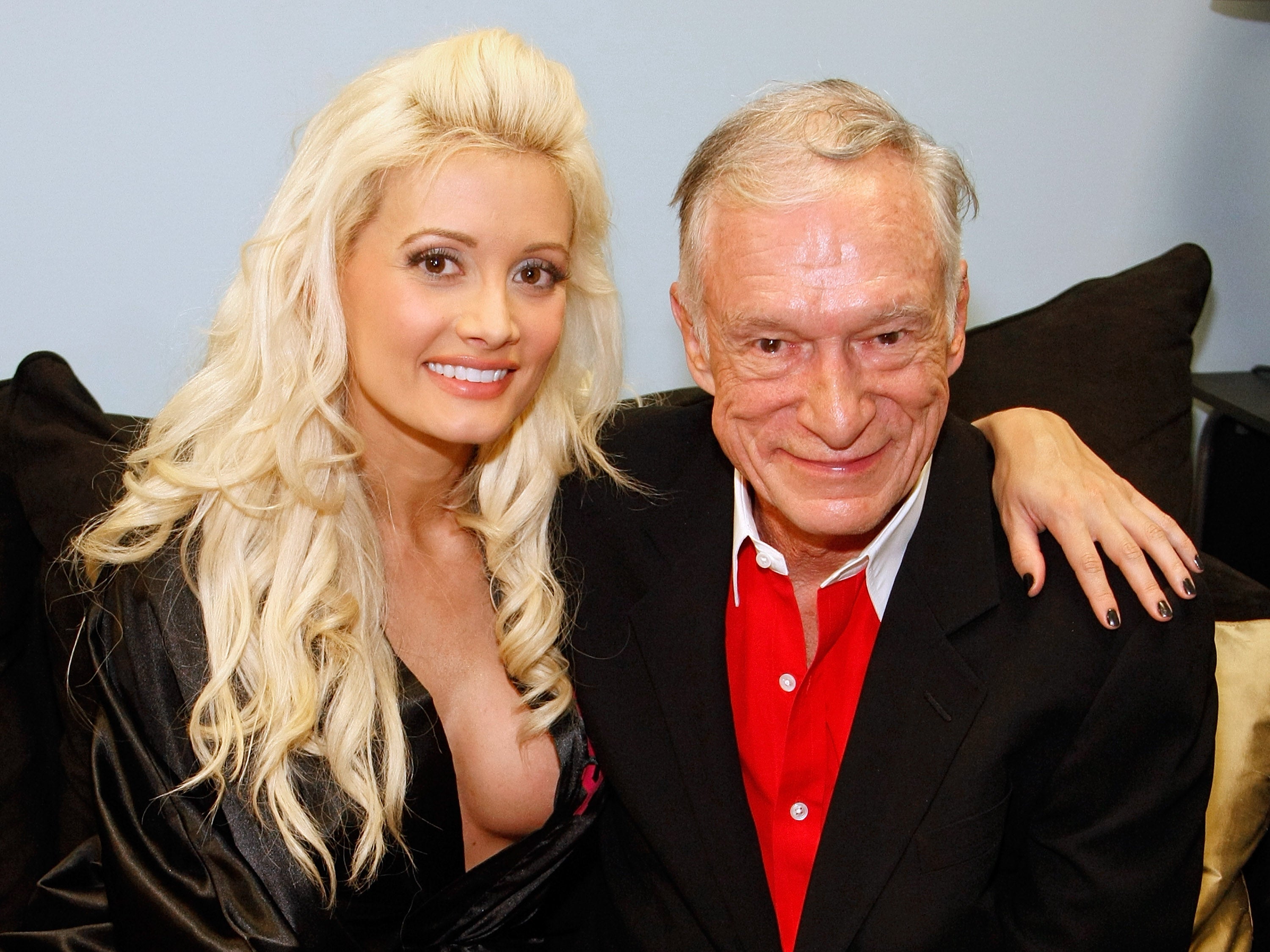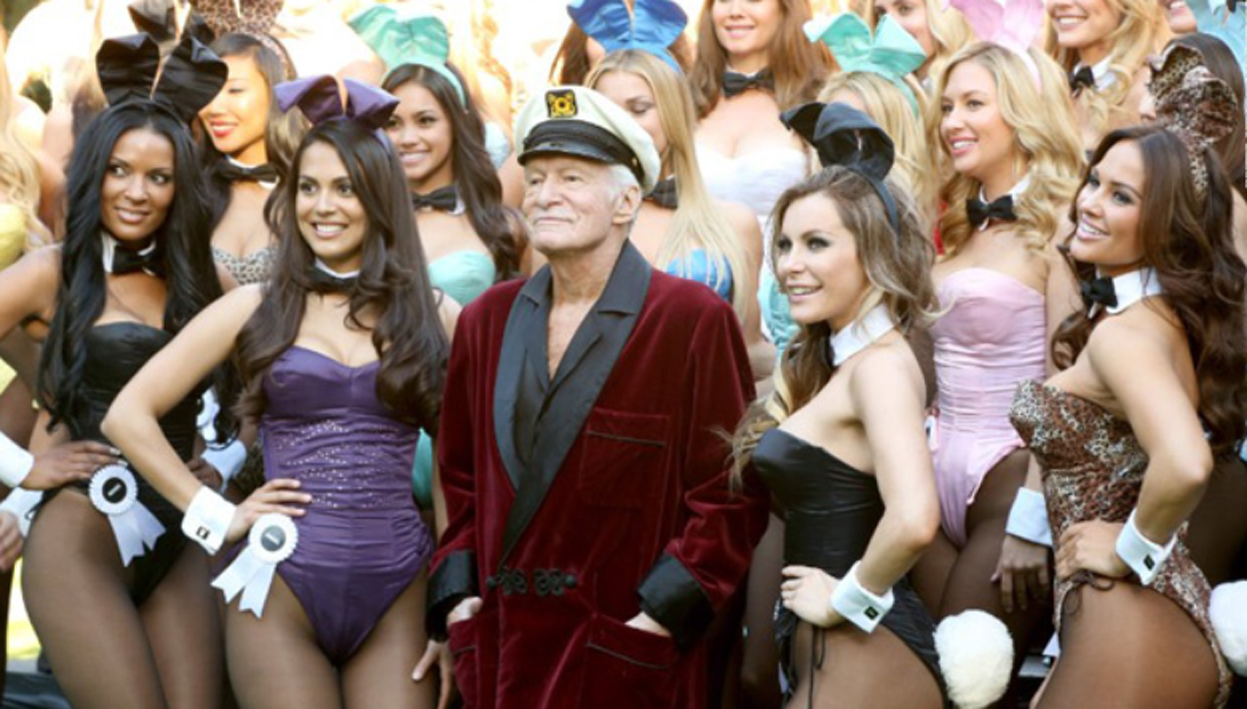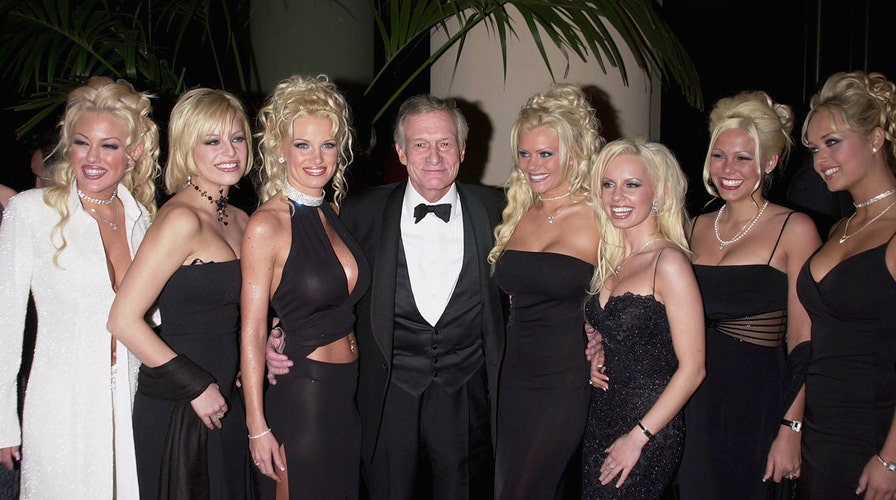
Hugh Hefner has long been a source of intrigue and controversy due to his reputation as a playboy tycoon who was well-known for his preference for dating considerably younger women. His 91-year-old love interests still draw attention, as his penchant for friendship with women in their late teens and early twenties raises concerns about consent, power relations, and social standards.

Hefner’s relationships with younger women have drawn criticism for being exploitative or unsettling from some, but not from everyone—even the women themselves. Some people may be drawn to the attraction of dating a powerful and affluent person like Hefner because it presents chances for success in their personal and professional lives. The women engaged may find chances and doors opened as a result of the link with Hefner and the Playboy brand, particularly in a world where networking and connections can be crucial to one’s career.

But it’s important to take into account the larger context in which these partnerships take place. Hefner is clearly endowed with a degree of privilege and influence as a wealthy and powerful media tycoon, which may have an effect on the dynamics of his interactions with younger women. When taking into account such stark differences in age, money, and influence, concerns regarding consent, agency, and the distribution of power eventually surface.

Furthermore, Hefner’s romantic endeavors’ emphasis on youth and beauty bring up larger social issues including ageism, sexism, and the objectification of women. The persistence of negative standards and expectations that might affect one’s self-esteem and mental health, along with preconceptions and ideals that place a premium on youth and physical attractiveness, can have detrimental effects on people of all genders.

It is important to recognize the complexity and subtleties that are present in relationships between men like Hefner and the women who choose to date him. While some would see these connections as beneficial or powerful, others might have legitimate worries about exploitation, deception, and the maintenance of negative stereotypes.
In the end, the debate over Hefner’s love interests serves as a reminder of the value of critical analysis and conversation when taking on problems pertaining to privilege, power, and relationships. We may work to build a more equal and just society where everyone is recognized and cherished, regardless of age, gender, or status, by encouraging candid and open dialogues.